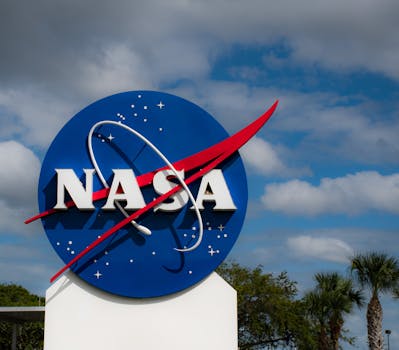Satellite Launch Missions and Their Impact on Space Exploration

Satellite Launch Missions and Their Impact on Space Exploration
Satellite launch missions have been a crucial aspect of space exploration, enabling humans to study the universe, communicate globally, and navigate accurately. With the Satellite launch of Sputnik 1 in 1957, the space age began, and since then, numerous satellite launch missions have been conducted, transforming our understanding of space and its applications. In this article, we will delve into the world of satellite launch missions and their significant impact on space exploration.
History of Satellite Launch Missions
The first satellite launch mission was accomplished by the Soviet Union, with the launch of Sputnik 1, a small beach-ball-sized satellite that weighed about 83 kg. This historic event marked the beginning of the space age, and soon, other countries, including the United States, began to launch their own satellites. The National Aeronautics and Space Administration (NASA) was established in 1958, and since then, it has been at the forefront of space exploration, conducting numerous satellite launch missions. One of the most notable satellite launch missions was the launch of the Hubble Space Telescope in 1990, which has revolutionized our understanding of the universe, providing breathtaking images and valuable data about the cosmos.
Impact of Satellite Launch Missions on Space Exploration
Satellite launch missions have had a profound impact on space exploration, enabling humans to study the universe, communicate globally, and navigate accurately. Satellites have been used for a wide range of applications, including weather forecasting, earth observation, communication, and navigation. The Global Positioning System (GPS) is a network of satellites that provides location information to GPS receivers on the ground, enabling accurate navigation and timing. Satellite launch missions have also enabled humans to study the universe, with satellites like the Kepler space telescope discovering thousands of exoplanets, and the New Horizons spacecraft providing valuable insights into the outer reaches of the solar system.
Private Companies and Satellite Launch Missions
In recent years, private companies like SpaceX and Blue Origin have entered the satellite launch market, providing cost-effective and efficient launch services. SpaceX has developed reusable rockets, which have significantly reduced the cost of accessing space. The company’s Falcon 9 rocket has been used for numerous satellite launch missions, including the launch of the Dragon spacecraft, which has been used to transport cargo and crew to the International Space Station. Blue Origin has also developed a reusable rocket, the New Shepard, which has been used for suborbital flights, and is currently developing the New Glenn rocket, which will be used for orbital launches.
Conclusion
In conclusion, satellite launch missions have had a profound impact on space exploration, enabling humans to study the universe, communicate globally, and navigate accurately. With the advent of private companies like SpaceX and Blue Origin, the cost of accessing space has decreased, making it possible for more countries and organizations to participate in space exploration. As technology continues to advance, we can expect to see even more innovative satellite launch missions, which will further our understanding of the universe and its many mysteries.




